There’s a new-ish biography on Sonny Rollins that has sort of flown under the radar. The thing is a damn doorstopper of a book that clocks in at under 800 pages, including a number of citations so healthy that the publisher has a link on the book’s website to a Dropbox where you can go look at them for yourself. I just started reading Aidan Levy’s Saxophone Colossus The Life and Music of Sonny Rollins and I assume it’s one of those books I’ll take a bit of time with, not because of the number of pages, but because I really want to savor it. Books on jazz figures, like the art form the musicians being written about practice, are worth taking your time with. Not to get all Jewish guy talking about jazz, but listening to music doesn’t always have to be a passive experience. It can be, and that’s totally fine. Let Ambient 1: Music for Airports or a Stars of the Lid album wash over you. But the more you listen to an artist like Rollins, the more you start to question things. I like to get wrapped up in his music and the music of some of his contemporaries, influences and the musicians that came after him and try to wonder what their motivations were, why they did that one thing at that one point in the song, and where their heads go to when they’re playing. Reading about this sort of thing only helps to make the experience more enjoyable.
I’d say I read one new book on jazz a year but by no fault of my own. There just aren’t that many. There aren’t a lot of writers willing to get as involved as somebody like Levy, and whether you subscribe to the idea that jazz is a dying art or not (I definitely don’t), publishers likely think there isn’t a market for books on jazz musicians. Every 1960s musician under the sun has a biography out and there are approximately six-billion sub-Please Kill Me books rehashing the same punk rock mythologies over and over, but I suppose that’s because those kinds of books make some fiscal sense to somebody in the publishing house. Jazz is a tough sell. I don’t get why, exactly. Besides, of course, it is music you have to really think about. And I suppose jazzheads were the original beer nerds. Remember Chad the nanny from Jerry Maguire handing Tom Cruise a cassette with Miles Davis and John Coltrane in Stockholm from 1963? That was generally the norm for jazz fan representation in movies in the ‘90s, I’d say. Gen. X really did a number on the music.
The good news is that with so few good jazz books coming out these days, there’s a whole backlog that you can slowly go through to learn more about the music, but also because the stories are usually incredible. Case in point: Miles.
Here’s the thing. You put me in charge and I’m going literally the exact opposite direction as Ron DeSantis in every conceivable way. Instead of banning books like they’re doing in Florida, I’m making people read more books. That’s my big idea. More Books =s Fewer Dummies. Sure, the classics will be on there. People will have to read Dickens and Moby-Dick and all the stuff, but they’re also reading Miles: The Autobiography by Miles Davis with Quincy Troupe. This is one of those books that gets the Diamond Classic certification. If the publisher wants to put out a new edition then I’ll gladly supply stickers they can slap on the cover that says “Diamond Classic: Read this book, you dummy” because it’s not written by Miles, but I just assume Troupe put a tape recorder down, told Davis to talk and the writer just worked it into one of the best music books ever. Every damn page. The whole thing. I don’t care if you love jazz or not, this is one of those books I just feel like everybody should read as a history lesson.
Mezz Mezzrow was a Jewish guy from Chicago, which is probably what drew me to the book in the first place. And man, it’s a ride. Mezzrow was one of the original white guy hep cat wildmen and this book feels like the urtext for Saul Bellow’s Augie March or everything Jack Kerouac and the beats did a few years after Really the Blues was published in 1946. Hell, I’d even say this guy was basically the original Blues Brother given the location he hailed from, and because Mezzrow, who was “born on a windy night in 1899, along with the Twentieth Century,” ended up in jail before he turned 20. Prison is where he learned to play the sax and clarinet and it ended up saving his life. The thing about this book is if somebody wrote it now, then we’d instantly have to compare it to Chet Hanks or Rachel Dolezal. It definitely comes off as a little awkward being a book by a white guy obsessed with Black culture, but he was also a Jewish guy during the Jim Crow era and the rise of the Nazis. He was playing jazz and he really didn’t like other white people. That wasn’t exactly something that was going to win you a ton of friends in those days. Early on he says “the white man is a spoiled child,” and reading something like that, especially in the time he lived in, makes me think Mezzrow’s intentions were good.
It’s a weird book, especially by 2023 standards. But it’s also an interesting look at otherness in America. You could say Mezzrow was committing cultural appropriation or…there’s enough history out there that you can read about how certain groups of people were pushed together and forced to live in rough conditions (in this case it’s Jewish people and Black people) and Mezzrow saw the beauty in and had an appreciation for the culture of his neighbors and ended up becoming a highly respected jazz musician in his own right because of that. But I’ll let you read it and draw your own conclusions.
I loved Stanley Crouch. There’s nothing better than a cranky jazz critic. I especially love jazz fans with certain tastes. I would have loved to set up a conversation between Crouch and the British poet and critic Philip Larkin, whose own collection of jazz criticism, All What Jazz, A Record Diary 1961-1971, is an interesting read. Larkin didn’t like much jazz that came after bop and Crouch had somewhat similar views when it came to modern jazz, famously calling Miles Davis the “most brilliant sellout in the history of jazz,” for his fusion work. Crouch was a famous crank and sometimes controversial (although, the times I met him and also interviewed him he was absolutely lovely and very engaging), and I think he was looking to do something similar to Robert Caro with his LBJ biographies by writing multiple books on Bird, but this is hardly a regular biography. I suppose given the nature of the subject, it’s unsurprising that Crouch can go off into places you didn’t expect him to go with this book, trying to help the reader understand the place Parker and his music have in the American story.

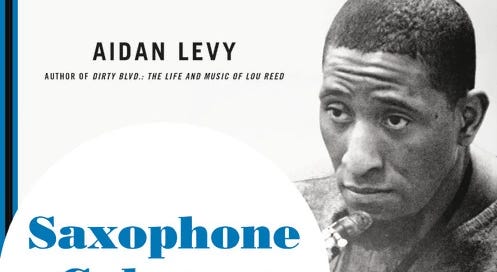


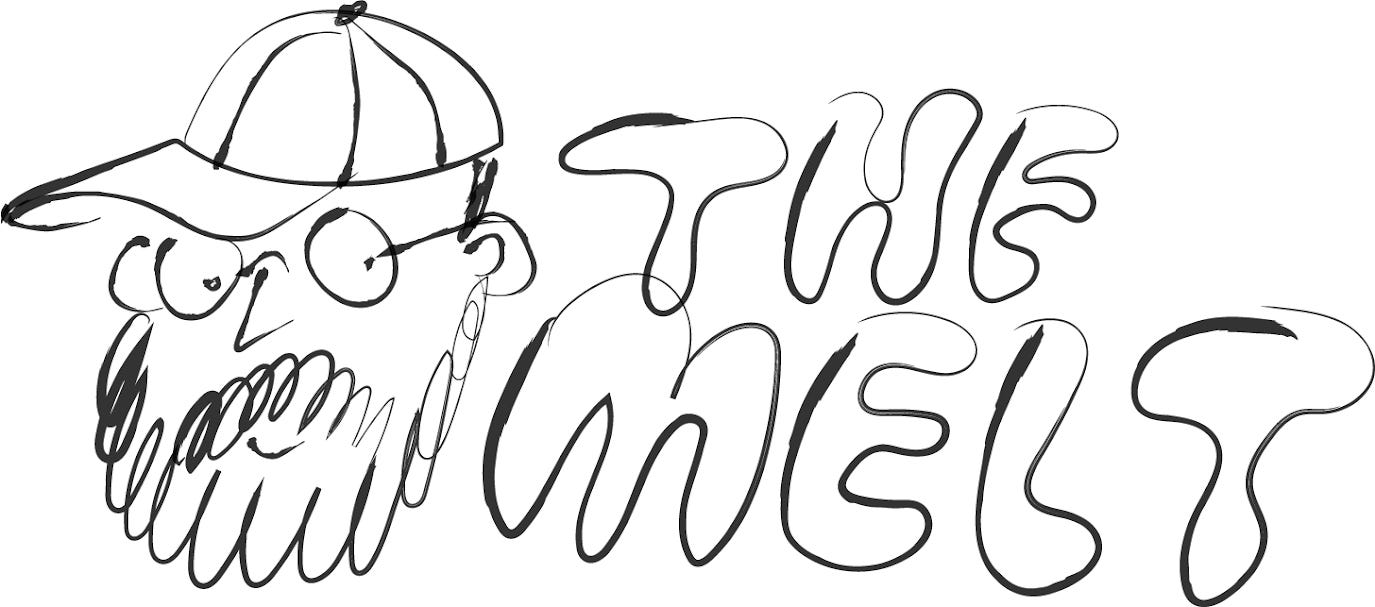

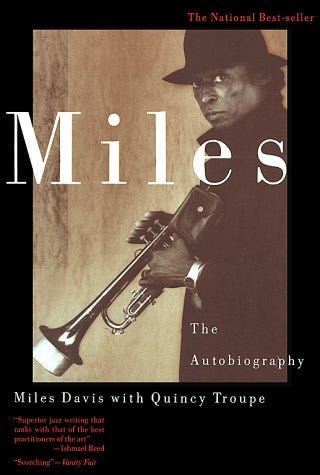
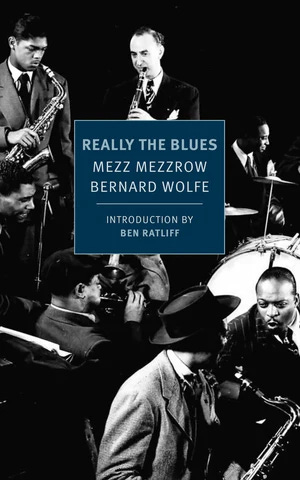
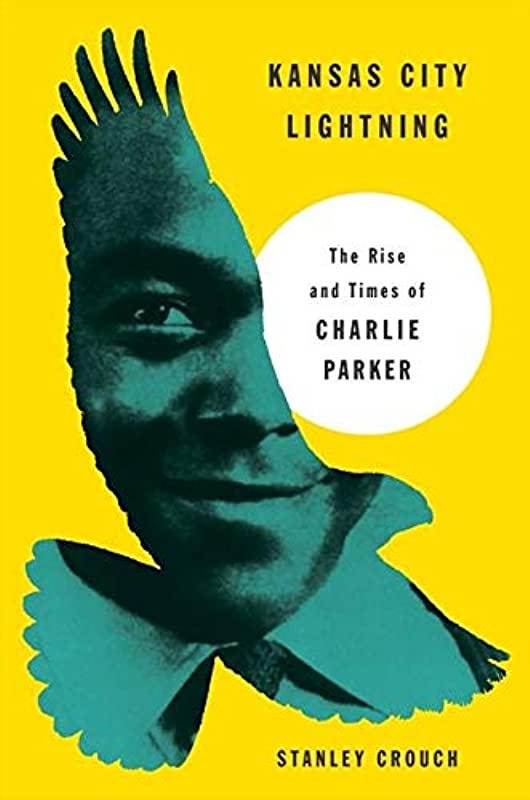
As a Jewish guy whose dog (and wife and daughter) will leave the room when I start talking about jazz, I deeply appreciate this post. Have just begun my jazz reading journey and am enjoying Ashley Kahn's Kind of Blue. Adding all of these to the queue.
Jazz guy here, too. Loved Miles' book. Big Bill Evans fan myself. There's a guy with some incredible stories.